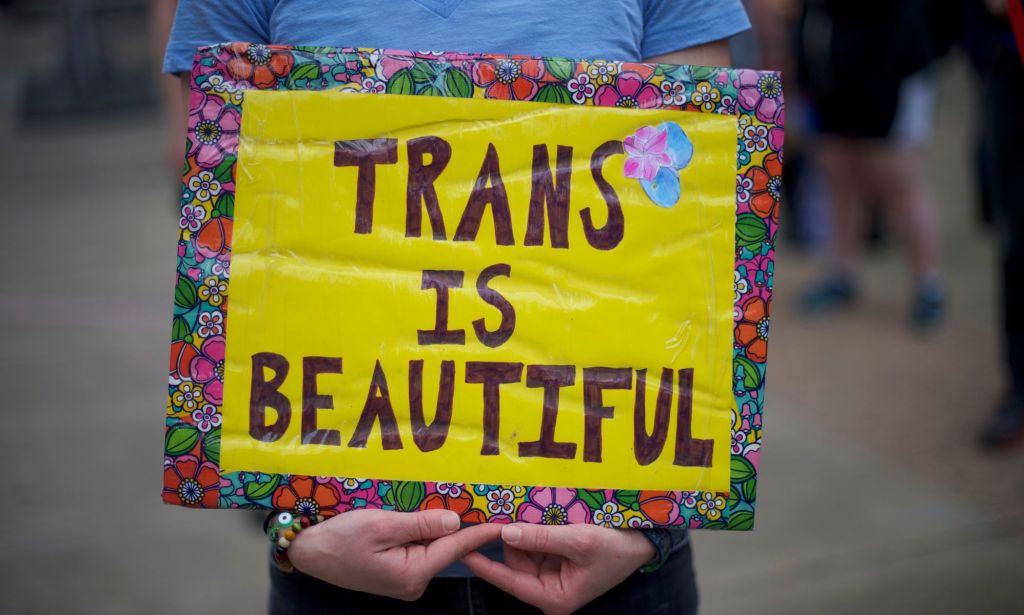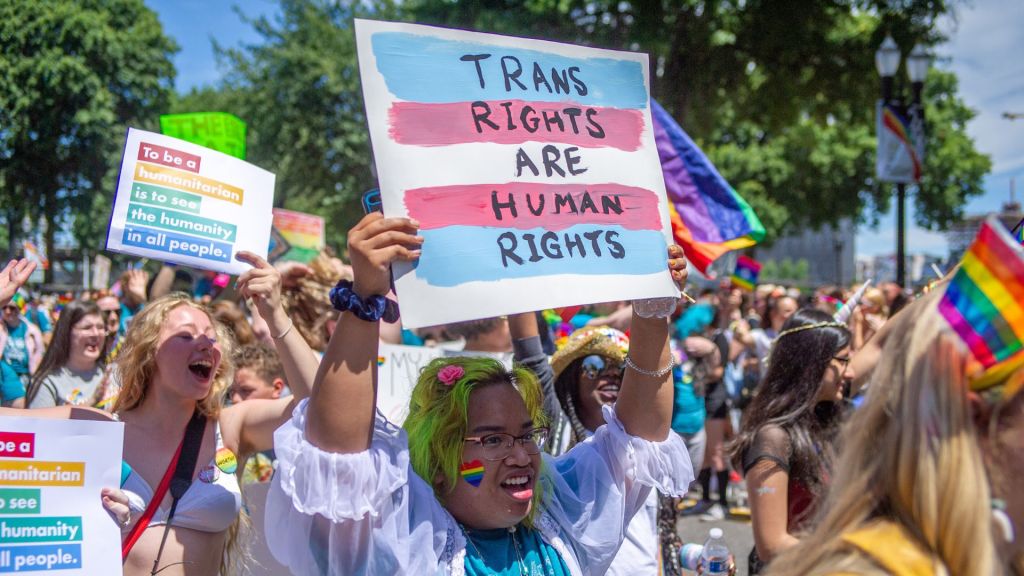Florida hears bill that would make it easier for health insurance not to offer trans care

Florida hears bill that would make it easier for health insurance not to offer trans care. (Panuwat Dangsungnoen/Getty)
Florida lawmakers are considering a bill that would make it easier for health insurance providers not to offer gender-affirming care to trans people.
House Bill 1639, dubbed by LGBTQ+ advocates as the Trans Erasure Bill, is one of at least 22 anti-LGBTQ+ bills that have already been filed for Florida’s 2024 legislative session.
If passed, the bill would make it easier for health insurance providers to refuse to offer coverage for gender-affirming healthcare such as hormone replacement therapy or surgery, adding an additional barrier to trans people’s access to lifesaving healthcare.

House Bill 1639 would enforce this by requiring any health insurer that pays for gender reassignment treatments to cover “detransitioning” treatments. Insurers would also be required to cover treatment of gender dysphoria as a mental rather than a physical health problem.
It was introduced by Representatives Dean Black and Doug Bankson alongside House Bill 1233, which seeks make it to impossible for trans people to change the gender markers on their official documents.
The bill would do this by preventing the state of Florida from issuing driver’s licenses or other identification cards that list a person’s sex as different from that specified on the person’s original birth certificate.
At a House hearing on Monday (22 January), Rep. Bankson said that the main motivation behind HB 1639 was to ensure that detransitioning is “more easily covered.”
However, as activist and independent journalist Erin Reed points out in her coverage of Monday’s hearing, the bill doesn’t actually do much to improve access to detransition healthcare.

Rather, it simply says that health insurance policies may not cover gender-affirming care prescriptions or procedures unless they also provide coverage for treatment to detransition.
Not only that, but the bill also requires that health insurance policies that cover gender-affirming care must also cover conversion therapy.
The bill reads: “A health insurance policy that is delivered or issued to a person in the state may not prohibit the coverage of mental health or therapeutic services to treat a person’s perception that his or her sex… is inconsistent with such person’s sex at birth by affirming the insured’s sex.”
Asked about this stipulation at Monday’s hearing, Rep. Bankson argued that “those who desire the option to seek conversion therapy should have that option.”
While Rep. Bankson told the hearing that HB 1639 is intended to expand health insurance coverage, activists have warned that it will only do the opposite by giving health insurance providers the option to cease covering gender-affirming care altogether.
Advocate groups like Equality Florida and LGBTQ+ activists have strongly opposed this recent slew of anti-LGBTQ+ House bills.
Last Tuesday (16 January), hundreds gathered outside of the Florida Capitol to denounce both bills and others like it that would attack their rights and potentially endanger them.
“History will remember what you do this session and to my fellow Floridians. Stop for a moment, and ask yourself, why are you being taught to hate your neighbor?” Nadine Smith, the executive director of Equality Florida, said, per WFSU.
“This is the moment where we say enough.”

